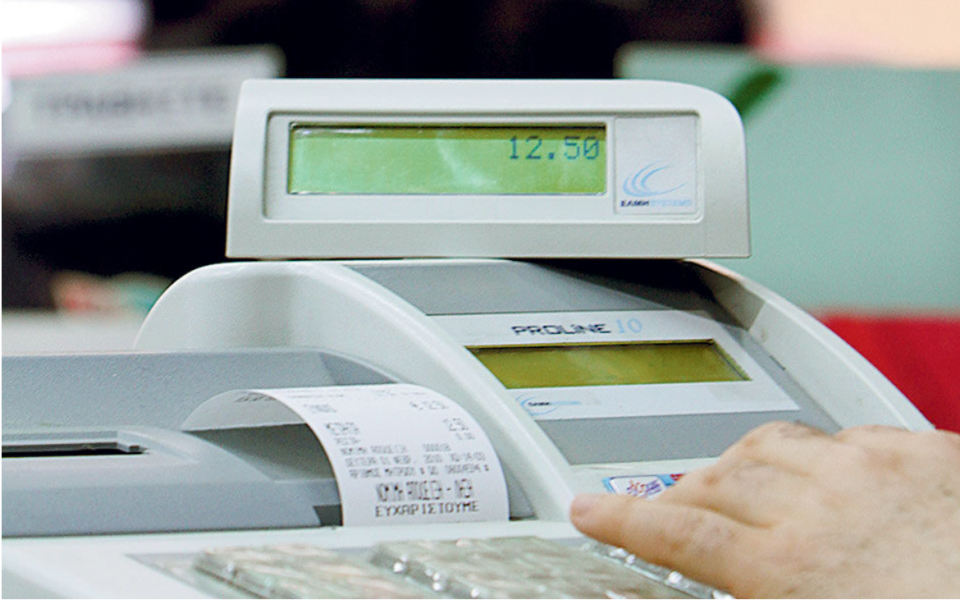EU finance ministers agree on new VAT regime from 2025

After almost four years of consultation, an agreement on a new VAT framework was reached Tuesday by EU finance ministers.
The agreement gives EU member states more flexibility in VAT policy, while taking measures to reduce competitive distortions and to promote key EU priorities (digital and green transitions, public health).
The previous framework is 30 years old and the need to modernize it was urgent. The new framework will apply from 2025.
The development was welcomed by the Commission and the Greek Ministry of Finance. The ministry noted in a statement that the Draft Directive, as adopted, “secures on a permanent basis the possibility of Greece to apply special VAT rates, reduced by up to 30%, in the Aegean islands.”
The proposal also satisfies a longstanding Greek demand to make available to all member states derogations and exemptions currently in effect in of them. Greece will thus be able to implement reduced VAT rates on agricultural machinery – a derogation drawn by Portugal during its accession negotiations. The ministry said
Greece also ensured the same opportunity in real estate purchases. We should note, however, that all existing derogations not related to EU climate action must be abolished by 2032.
The new framework calls for the abolition, by 2030, of reduced rates and exemptions for goods and services that are considered harmful to the environment and the EU’s climate change targets. Greece obtained a clause allowing it to continue applying reduced VAT rates on pesticides and fertilizers for two more years, until 2032.
The new agreement also updates the list of goods and services on which reduced rates can be imposed. The list now includes goods that protect public health (e.g. surgical masks), are environmentally friendly (e.g. solar panels) and support digital transition (e.g. live-streaming services). In addition, for the first time, member states will be able to apply a reduced VAT rate of less than 5%, or exempt from tax altogether, a small number of products.
In order to avoid hitting budget revenues, both the minimum level of reduced rates and the maximum number of goods and services on which they can be imposed are set. However, in order for the new flexibility not to intensify unfair tax competition and create a truly single market for services, a system must be implemented whereby VAT is paid in the consumer’s member state and not the supplier’s.





